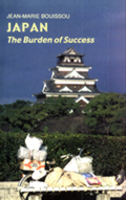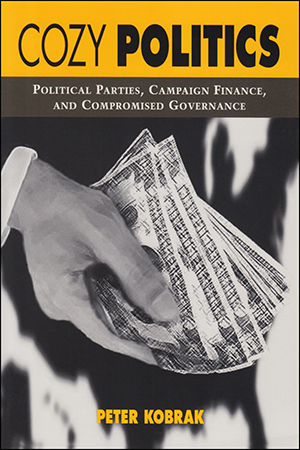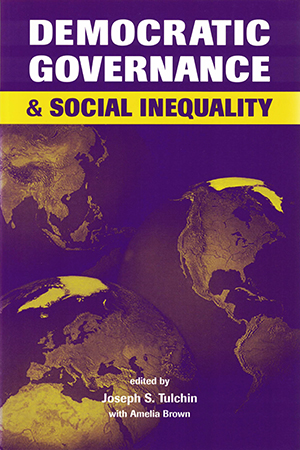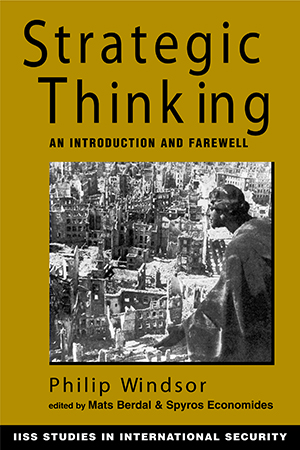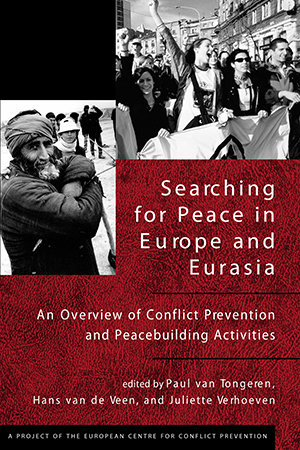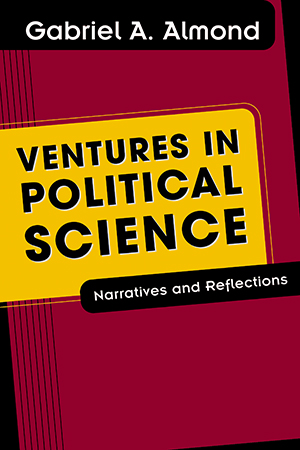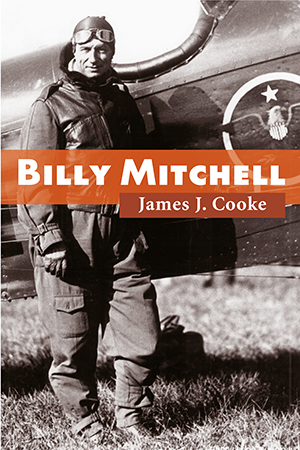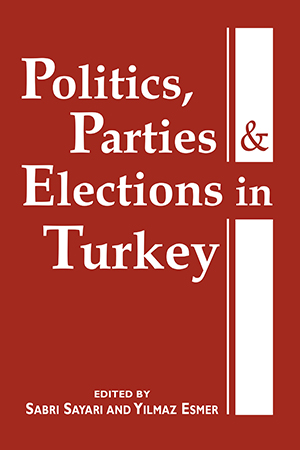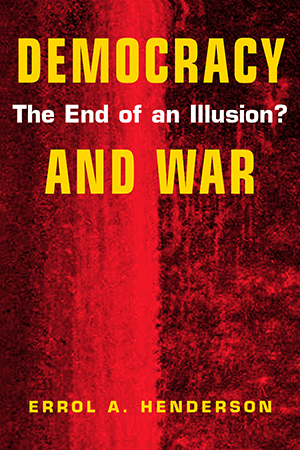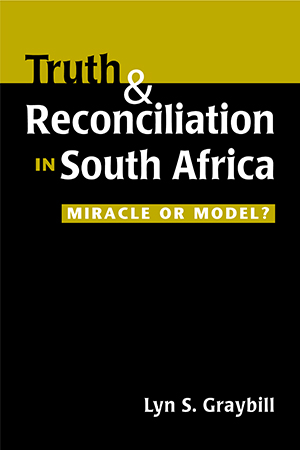BOOKS
On publication in France, Jean-Marie Bouissou's depiction of modern Japan was acclaimed as "the best of its kind." This English-language translation has been updated to cover More >
Cozy politics, Peter Kobrak contends, is shredding the already fragile fabric of political rapport between citizens and their government. Exploring the insidious system that encourages More >
This controversial book examines the challenges that social inequities present to democratic governance. The authors argue that issues of poverty and inequality—far from More >
In this, his final book, Philip Windsor explores the emergence, meaning, and significance of the Cold War mentality. Tracing the evolution of strategic thinking from its origins in medieval More >
Searching for Peace in Europe and Eurasia offers much-needed insight into the possibilities for effective conflict prevention and peacebuilding throughout the region. Presenting surveys of More >
Reflecting an extraordinary career, Ventures in Political Science collects Gabriel Almond's most important work on the development of political science and democratic theory. An More >
This compelling chronicle of a controversial figure—a man who could be charming, fanatical, arrogant, and confrontational—places Billy Mitchell in the context of the great More >
The Turkish party system has undergone significant changes since the 1940s, moving from a two-party system to one encompassing nineteen parties— and resulting in a highly fragmented More >
Errol Henderson critically examines what has been called the closest thing to an empirical law in world politics, the concept of the democratic peace. Henderson tests two versions More >
Was South Africa's Truth and Reconciliation Commission (TRC) a "miracle" that depended on the unique leadership of Nelson Mandela and Desmond Tutu? Or does it provide a working More >



